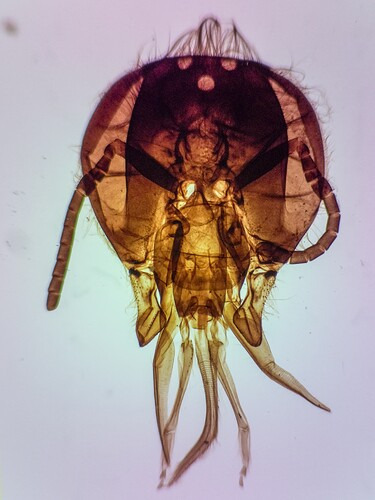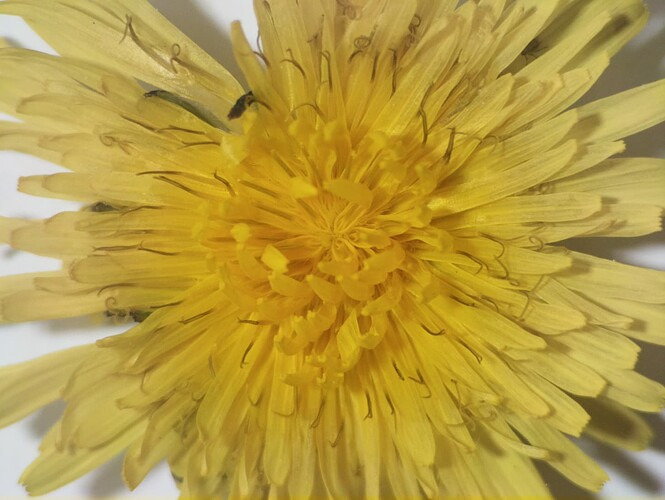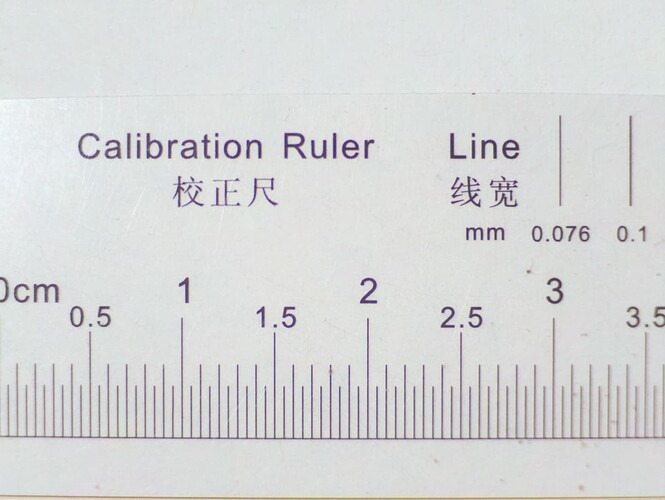Dear friends,
I was having an interesting conversation with the ambassador working group, and an aspect of the discussion was so compelling that we’ve decided to open it up to everyone and get more ideas, more feedback.
Last year, Liz started this poll to get ideas on what we would like to do with funding money. One idea that folks seem to really like is:
- Fund existing projects that have the potential to be ubiquitous in their area of science
Fund existing projects that can demonstrate potential for ubiquity in its field. It’s like finding an open source and taking it to a commercial level of polish and performance that it completely dominates the market, achieving ubiquity in one area of science. This would entail funding of several tens of thousands of USD over a year or more.
I’ve come to think of this initiative as Ubiquity 25, and @TOKO had quite a bit to say about the goal. I’ll copy the start of the exchange, and @TOKO will copy in his response, and so on. You all please jump in!
I started with:
I’m very glad you brought up Africa, I see so much opportunity there, despite not having spent much time on that continent, which is why I hope the next gathering will be held in Africa (but not necessarily South Africa, as I have already been there!)
(Snip: not germane)
Getting back to OScH, it’s pretty clear to me that ubiquity will not be achieved by 2025, for any meaningful definition of “ubiquity”. But we can do something, and that’s where Africa comes in.
Last year the council sought suggestions on what to fund, and a favourite was what I now refer to as ubiquity 25: choose a project to back such that by applying all our collective shoulders to that wheel, we push it over the top and become ubiquitous – dominant, even – in its field. That field could be like ecology of moths, (as in Andrew’s mothbox project), or it could be geographical (like Jenny’s reagent project in Kenya). But the idea is concentration of force to establish a beach head, learn from it, and repeat in other fields.
I would like to hear if we can do that in Africa.
Here I’d like to expand on Ubiquity 25.
The idea is to involve everyone in the community to back 1 project, and the concentration of effort ought to improve the chances of that project becoming ubiquitous in its field, by 2025.
By ubiquity here I mean not just commonplace in its field, but also eponymous like the way we say Kleenex instead of tissue paper. And to be so far-and-away the best in its class that this high standard of performance crowds out proprietary wannabes.
By performance I mean not just that this OScH device works exceptionally well, but that there exists infrastructure supporting this OScH device, from troubleshooting, to manufacture, to UI/UX, etc. It will be all hands on board, regardless of your skill set. Even marketing: we may need to find PhD students to use the OScH device, then publish a paper on it.
By field, I mean not just the scientific discipline/subdiscipline, but also geographically. So we can look at any region that is perhaps under-served. Anywhere that OScH can carve out its turf.
We’ll need funding for this. We’ll need to find an appropriate project to back, and flesh out all the work that needs to be done. Then we can be very specific and very detailed in dealing with funding sources.
@TOKO would you like to add your insight?


